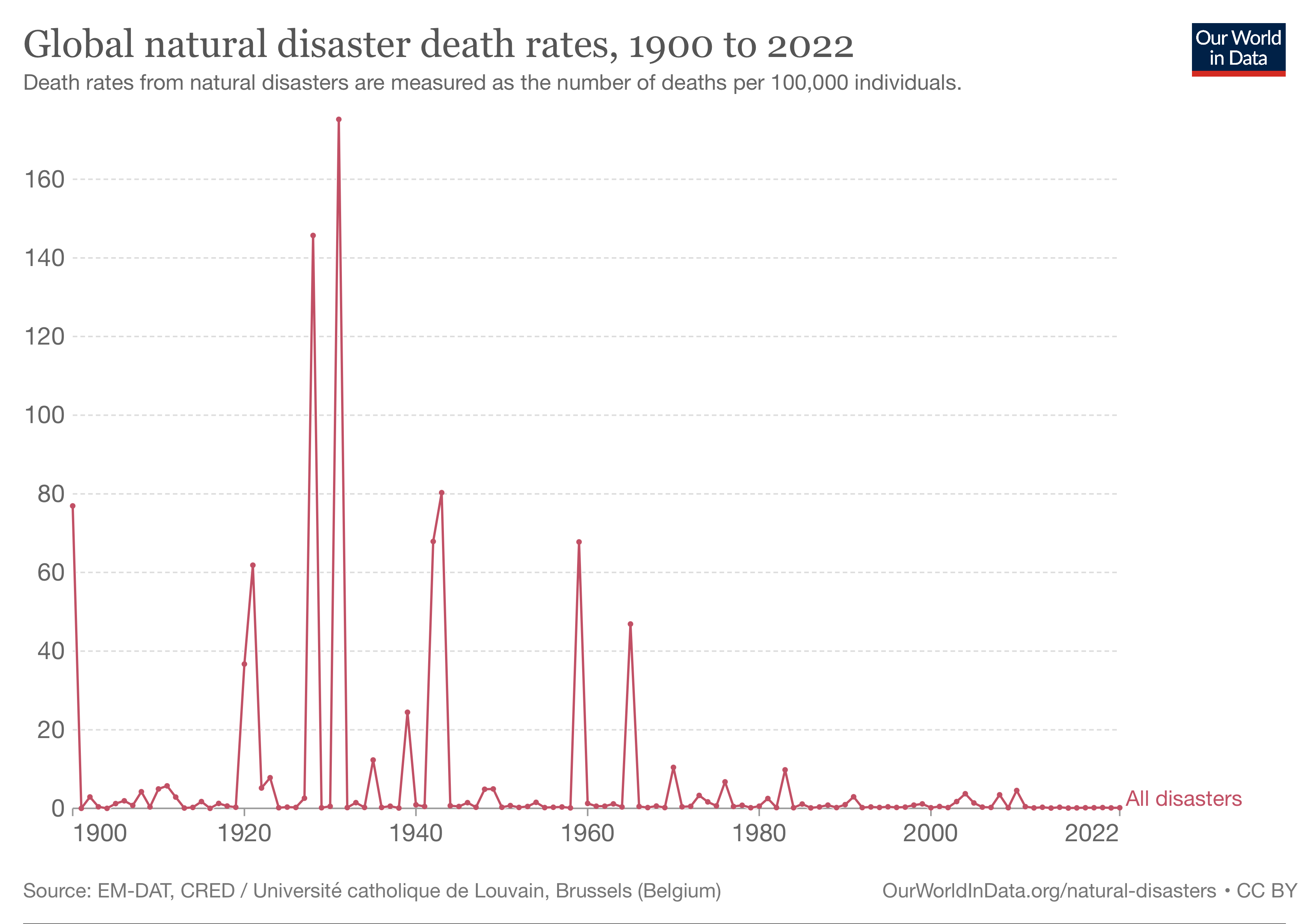|
Kenya National Disaster Operation Centre
The Kenya National Disaster Operation Centre (NDOC) was established in 1998 to deal with management and co-ordination of disaster response at a national level in Kenya.National Disaster Operation Centre website http://www.nationaldisaster.go.ke History The NDOC was established in January 1998 by an act of Parliament to act as the focal point for co-ordinating response to emergencies and disasters in Kenya. It is on constant standby, with a reporting centre running 24 hours a day, 7 days a week, from which emergency operations, activities and events are recorded and communicated for action. Functions of NDOC The functions of NDOC are: *To co-ordinate and control of disaster response efforts, *To act as the command centre for all communications and information relating to response operations, and *To liaise with responsible ministries on national response efforts. Background The Kenya National Disaster Operation Centre was established in 1998 in response to the El Nino rains to co ... [...More Info...] [...Related Items...] OR: [Wikipedia] [Google] [Baidu] |
Government Of Kenya
, image = , caption = Coat of arms of Kenya , date = 1963 , jurisdiction = Republic of Kenya , url = http://www.mygov.go.ke/ , legislature = Parliament of Kenya , meeting_place = Parliament Buildings , leader_title = President of Kenya , headquarters = State House , appointed = Direct popular vote , main_organ = Cabinet( 22 Ministries of Kenya) , ministries = , court = Supreme Court , seat = Nairobi The Government of the Republic of Kenya (GoK) is the national government of the republic of Kenya which is composed of 47 Counties, each county with its own semi-autonomous governments. The national government is composed of three arms: The Legislature, the Executive and the Judiciary. Each arm is independent of the other and their individual roles are set by the Constitution of Kenya. The full name of the country is the "Republic of Kenya". Its official Swa ... [...More Info...] [...Related Items...] OR: [Wikipedia] [Google] [Baidu] |
State Of Emergency
A state of emergency is a situation in which a government is empowered to be able to put through policies that it would normally not be permitted to do, for the safety and protection of its citizens. A government can declare such a state during a natural disaster, civil unrest, armed conflict, medical pandemic or epidemic or other biosecurity risk. ''Justitium'' is its equivalent in Roman law—a concept in which the Roman Senate could put forward a final decree (''senatus consultum ultimum'') that was not subject to dispute yet helped save lives in times of strife. Relationship with international law Under international law, rights and freedoms may be suspended during a state of emergency, depending on the severity of the emergency and a government's policies. Use and viewpoints Though fairly uncommon in democracies, dictatorship, dictatorial regimes often declare a state of emergency that is prolonged indefinitely for the life of the regime, or for extended periods of t ... [...More Info...] [...Related Items...] OR: [Wikipedia] [Google] [Baidu] |
Natural Disaster
A natural disaster is "the negative impact following an actual occurrence of natural hazard in the event that it significantly harms a community". A natural disaster can cause loss of life or damage property, and typically leaves some economic damage in its wake. The severity of the damage depends on the affected population's resilience and on the infrastructure available. Examples of natural hazards include: avalanche, coastal flooding, cold wave, drought, earthquake, hail, heat wave, hurricane (tropical cyclone), ice storm, landslide, lightning, riverine flooding, strong wind, tornado, typhoon, tsunami, volcanic activity, wildfire, winter weather. In modern times, the divide between natural, man-made and man-accelerated disasters is quite difficult to draw. Human choices and activities like architecture, fire, resource management or even climate change potentially play a role in causing "natural disasters". In fact, the term "natural disaster" has been called a misnom ... [...More Info...] [...Related Items...] OR: [Wikipedia] [Google] [Baidu] |
El Nino
EL, El or el may refer to: Religion * El (deity), a Semitic word for "God" People * EL (rapper) (born 1983), stage name of Elorm Adablah, a Ghanaian rapper and sound engineer * El DeBarge, music artist * El Franco Lee (1949–2016), American politician * Ephrat Livni (born 1972), American street artist Arts, entertainment, and media Fictional entities * El, a List of Shugo Chara! characters#El, character from the manga series ''Shugo Chara!'' by Peach-Pit * El, short for Eleven (Stranger Things), Eleven, a fictional character in the TV series ''Stranger Things'' * El, family name of Kal-El (Superman) and his father Jor-El in ''Superman dynasty, Superman'' *E.L. Faldt, character in the road comedy film ''Road Trip (film), Road Trip'' Literature * ''Él'', 1926 autobiographical novel by Mercedes Pinto * Él (visual novel), ''Él'' (visual novel), a 2000 Japanese adult visual novel Music * Él Records, an independent record label from the UK founded by Mike Alway * Él (Lucero a ... [...More Info...] [...Related Items...] OR: [Wikipedia] [Google] [Baidu] |
Government Agencies Of Kenya
A government is the system or group of people governing an organized community, generally a state. In the case of its broad associative definition, government normally consists of legislature, executive, and judiciary. Government is a means by which organizational policies are enforced, as well as a mechanism for determining policy. In many countries, the government has a kind of constitution, a statement of its governing principles and philosophy. While all types of organizations have governance, the term ''government'' is often used more specifically to refer to the approximately 200 independent national governments and subsidiary organizations. The major types of political systems in the modern era are democracies, monarchies, and authoritarian and totalitarian regimes. Historically prevalent forms of government include monarchy, aristocracy, timocracy, oligarchy, democracy, theocracy, and tyranny. These forms are not always mutually exclusive, and mixed governme ... [...More Info...] [...Related Items...] OR: [Wikipedia] [Google] [Baidu] |
